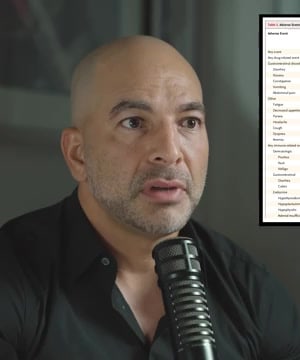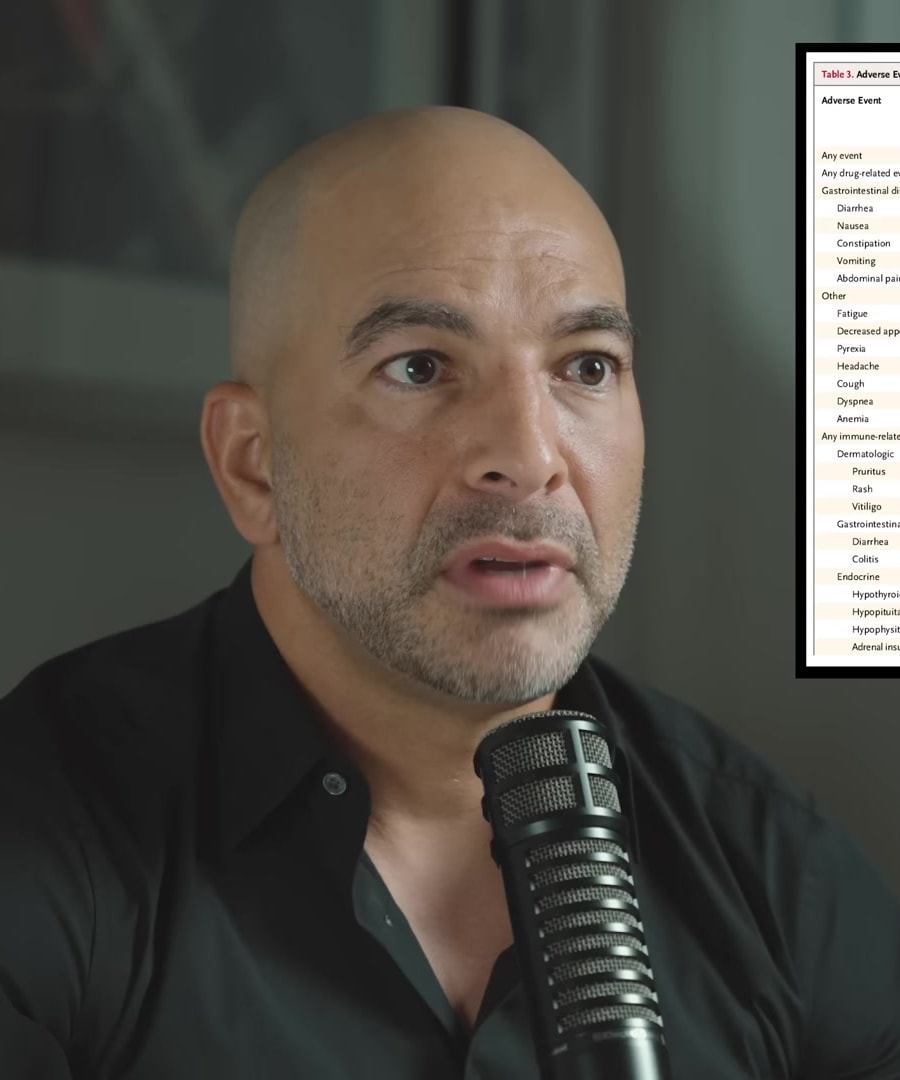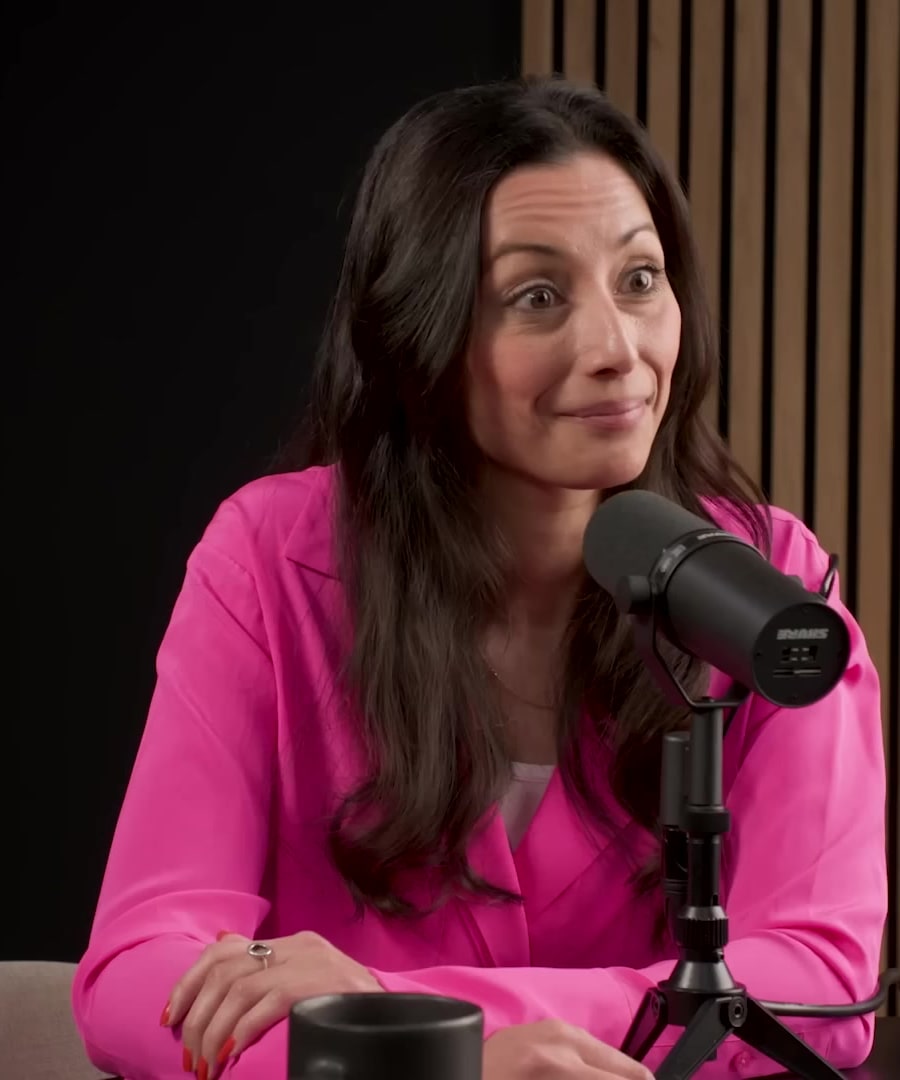How to help long covid
It seems there are no specific clips discussing ways to address long Covid in the that I have access to. Thus, I'm unable to provide a direct response based on the information from on this topic.
For assistance with long Covid, it is generally recommended to consult with healthcare professionals who can provide personalized advice and treatment options based on the latest medical research and individual health circumstances.
Thank you for your feedback!RELATED QUESTIONSTell me more about long Covid treatment strategies.
I apologize, but there is currently no data from regarding treatment strategies for long Covid. As the podcast may cover a wide range of health and science topics, it’s possible this specific subject has not been explored in detail or is not included in the available data set.
For information on managing and treating long Covid, it's advised to seek the most up-to-date guidance from medical professionals and reputable health organizations that specialize in post-viral conditions and Covid-19. They can provide the most recent insights and evidence-based strategies to help manage the symptoms and promote recovery.
Thank you for your feedback!RELATED QUESTIONSTreat autoimmune disease
Sources:
The treatment of autoimmune diseases, especially in the context of immunotherapy and the associated side effects, has been discussed in the episode featuring on the . Immunotherapies, specifically those involving CTLA-4, act as immunomodulators that can lead to autoimmune issues because they "take the brakes off" the immune system. The discussion pointed out that autoimmune side effects such as skin irritation (pruritus) and gastrointestinal issues (colitis severe enough to require IV fluids) were significant. Sometimes these autoimmunities become so severe that it's necessary to stop the immunotherapy and administer corticosteroids to shut down the immune system 1.
Also, the conversation included the observation that autoimmune conditions can be a byproduct of treatment and may correlate with a better response to the therapy. It was noted that responses and adverse effects in patients undergoing immunotherapies seemed to predict the successful response to treatment. These insights highlight the complex relationship between immunotherapies, autoimmunity, and treatment responses 2.
RELATED QUESTIONSRaynards
Sources:
The topic of Raynaud's Syndrome and its management through cold exposure was addressed on the in an episode featuring Dr. Susanna Søberg. While discussing deliberate cold exposure to offset symptoms of various diseases, raised the question of whether cold exposure could be beneficial for individuals with Raynaud's Syndrome to increase the elasticity and plasticity of small capillaries and vessels.
Dr. Susanna Søberg acknowledged that, despite a lack of direct studies measuring the outcomes of cold exposure on Raynaud's Syndrome, it could logically be considered a potential technique to improve vascular health. She also shared anecdotal reports from some individuals who found cold exposure helpful, while others noticed no benefit. Therefore, she concluded that more scientific research is needed to clarify the effects of cold exposure on individuals with Raynaud's Syndrome 1.
Please note that due to the limited research and varied individual responses to cold exposure as a potential treatment, individuals with Raynaud's Syndrome should consult with healthcare professionals before attempting it.
RELATED QUESTIONS
How to help long covid
- Thank you for your feedback!RELATED QUESTIONS
Tell me more about long Covid treatment strategies.
- Thank you for your feedback!RELATED QUESTIONS
Treat autoimmune disease
- RELATED QUESTIONS
Raynards
- RELATED QUESTIONS


